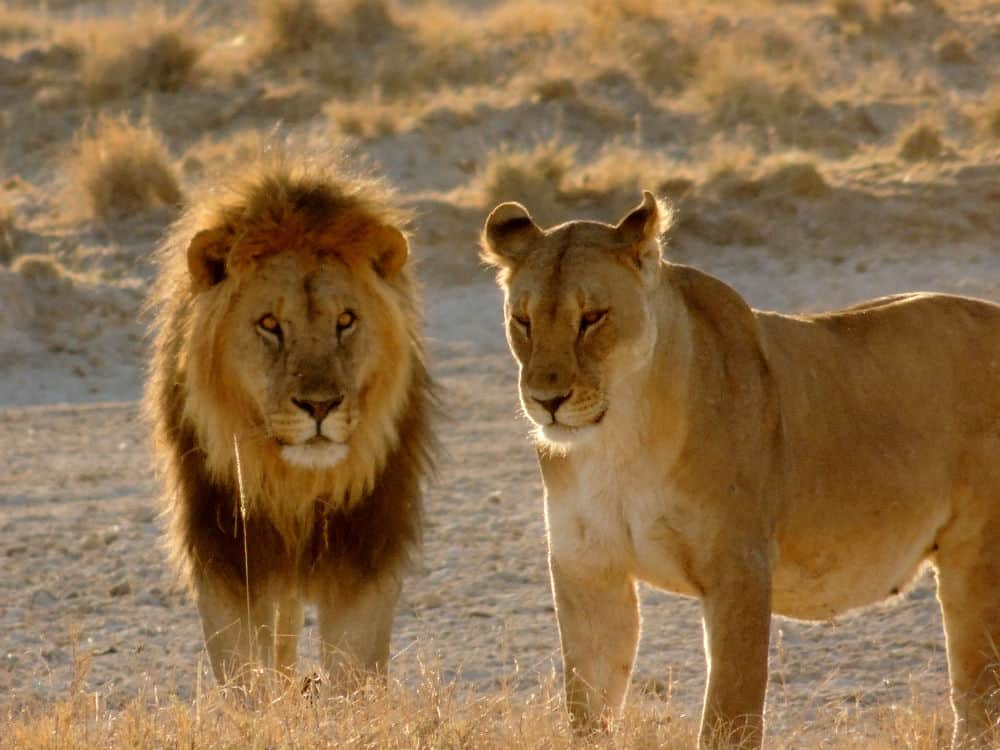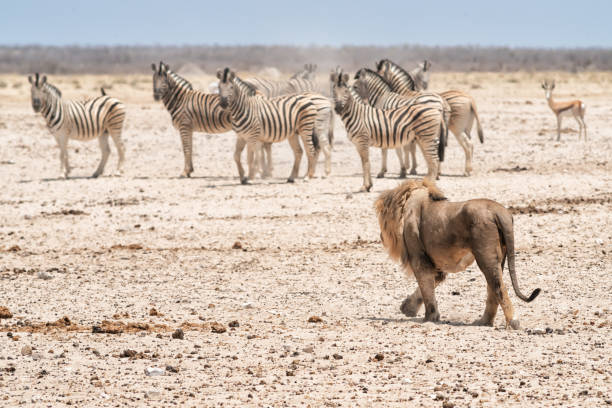Lion Weight in Pounds - Unveiling the Truth About the King of Beasts
When it comes to the animal kingdom, lions have always captured our fascination and admiration. From their majestic manes to their powerful roars, lions are truly remarkable creatures. One of the aspects that pique our curiosity is their weight. How much does a lion weigh in pounds? In this article, we will delve into the world of lion weights, exploring the factors that influence their weight variations and shedding light on their significance in the animal world.
I. The Average Weight of Lions
Lion weights can vary significantly based on factors such as age, sex, and environmental conditions. On average, adult male lions typically weigh between 330 to 550 pounds (150 to 250 kilograms).

Lions
Female lions, on the other hand, are generally smaller and lighter, weighing around 265 to 395 pounds (120 to 180 kilograms). These weight ranges provide a general overview, but it's important to remember that individual lions might fall outside these ranges.
II. Factors Influencing Lion Weights
1. Sex and Age: Male lions, known for their impressive manes, tend to be larger and heavier than their female counterparts. As lions age, they also tend to gain weight. Cubs are born small, weighing just a few pounds, but they rapidly grow during their first year.
2. Habitat and Food Availability: The availability of prey in a lion's habitat greatly influences its weight. Lions in areas with abundant prey are likely to be healthier and weigh more. Conversely, those in areas with scarce food sources might struggle to maintain a healthy weight.

Food Availability
3. Social Structure: In some cases, the social structure of a lion pride can affect individual weights. Dominant lions that have access to better food resources might weigh more than subordinate members of the pride.
4. Health and Disease: Just like any other species, lions can suffer from various health issues that impact their weight. Parasites, injuries, or diseases can lead to weight loss and overall decline in condition.
III. The Significance of Lion Weight
Understanding the weight of lions is more than just a curiosity; it provides valuable insights into their overall health and the ecosystems they inhabit.
1. Ecosystem Health: Lions play a crucial role in maintaining the balance of their ecosystems. Their weight is an indicator of the health of their environment. If lion weights drop significantly, it could signal an issue within the ecosystem, such as a decline in prey populations.
2. Conservation Efforts: Monitoring lion weights can aid conservationists in tracking the well-being of lion populations. Drastic weight loss among lions might necessitate intervention to address underlying problems and ensure the survival of the species.

Conservation Efforts
IV. Conclusion
The weight of a lion in pounds varies based on factors like sex, age, habitat, and health. Male lions generally weigh between 330 to 550 pounds, while female lions weigh around 265 to 395 pounds on average. These weights are not just numbers; they hold significant importance in understanding the health of individual lions, their prides, and the ecosystems they inhabit.
By studying lion weights, we gain a deeper appreciation for the delicate balance that exists in the natural world and the role lions play in maintaining it.